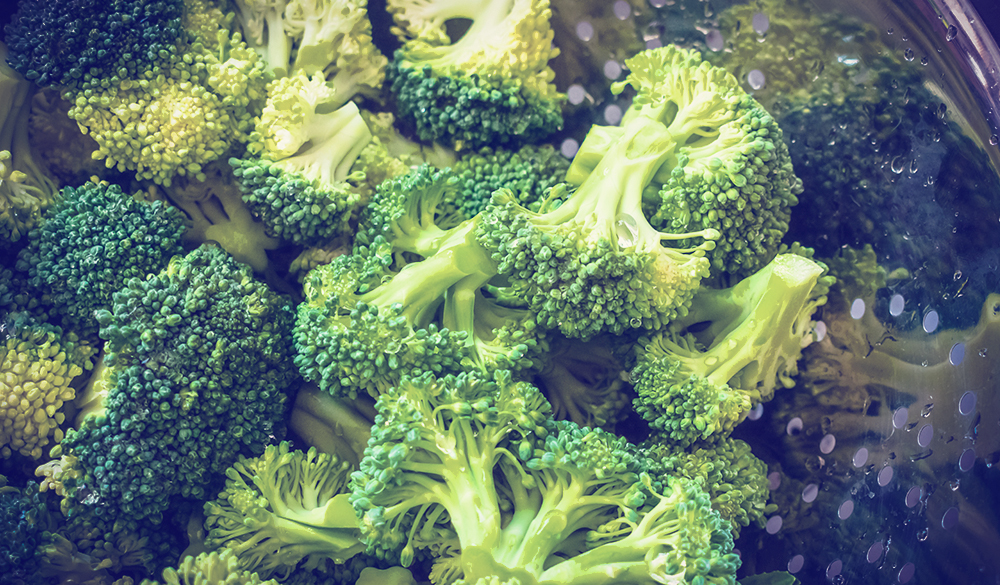Glutathione is a small protein molecule made up of three amino acids: cysteine, glutamate and glycine. Naturally produced in the body, glutathione is present in virtually every cell in the body.[1]
Although glutathione is produced by and continually recycled in the body; factors such as stress, pollution, ageing, alcohol, poor diet, toxins, infections, and even excessive exercise can influence glutathione levels.[2]
With glutathione sufficiency, there is a reduced susceptibility to oxidative stress (where the bodies antioxidant defence ability is outweighed by oxidative processes), environment, free radicals and some infections. The liver can also adequately detoxify a greater load of toxins.[2,3]
A powerful antioxidant and detoxifier
Glutathione is our body’s most powerful antioxidant and the main detoxifying agent in the body. Glutathione also plays a fundamental role in supporting the immune system, the metabolism of nutrients and many other cellular processes.[4,5]
Glutathione, food for the immune system
As an essential component to the body’s natural defence system, glutathione may assist in immune system function in two ways:[6,7]
-
enhances the activity of immune cells
-
functions as an antioxidant within immune cells
Healthy growth and activity of immune cells is affected by the availability of glutathione. Glutathione sufficiency has been linked with promoting optimal immune function.[2,8]
Natural killer cells, which are an important part of the immune system in defending against infection, are activated by glutathione.[9] Glutathione produced by T cells of the immune system not only acts as an antioxidant, but can also assist in providing the energy required for T cells to generate an immune response.[9]
How can I support glutathione production?
One of the best ways to support glutathione production is to eat sulfur-rich foods such as garlic, onions, broccoli, kale, cabbage and cauliflower.
Exercise may influence the immune system through supporting natural antioxidant defences.
Antioxidants including alpha-lipoic acid, selenium and vitamins C and E work together to recycle glutathione, and the herb Silybum marianum (Milk thistle) can help with glutathione synthesis.[2]
Improve the diversity of your gut microbiota. In a recent paper published in Molecular Systems Biology, researchers revealed that gut microbiota regulates the glutathione and amino acid (protein) metabolism of the host.[4]
Who needs glutathione?
As a consequence of modern living most of us could benefit from foods that assist in promoting glutathione production. British medical journal, The Lancet, found that the highest glutathione levels are in healthy young people, lower levels in healthy elderly, lower still in unwell elderly and the lowest of all in the hospitalised elderly.[2]
References
- Linder MC (Ed.) Nutritional biochemistry and metabolism with clinical applications, 2nd ed (p. 106). Connecticut: Appleton & Lange Norwalk, 1991. [Source]
- The health dividend of glutathione. Viewed 13 June 2017 [Source]
- Bowman BA, Russell RM. Present knowledge in nutrition Volume II, 9th ed (p. 753). Washington DC: ILSI, 2006. [Source]
- Gut microbiota regulates antioxidant metabolism. Viewed 6 June 2017, [Source]
- Ghezzi P. Role of glutathione in immunity and inflammation in the lung. Int J Gen Med 2011;4:105-113. [Abstract]
- Glutathione. Viewed 13 June 2017 [Source]
- Spallholz JE. Selenium and glutathione peroxidase: essential nutrient and antioxidant component of the immune system. Adv Exp Med Biol 1990;262:145-158.[Abstract]
- Dröge W, Breitkreutz R. Glutathione and immune function. Proc Nutr Soc 2000;59(4):595-600.[Abstract]
- Mak TW, Grusdat M, Duncan GS et al. Glutathione primes T cell metabolism for inflammation. Immunity 2017 Apr 18;46(4):675-689. [Abstract]
DISCLAIMER:
The information provided on FX Medicine is for educational and informational purposes only. The information provided on this site is not, nor is it intended to be, a substitute for professional advice or care. Please seek the advice of a qualified health care professional in the event something you have read here raises questions or concerns regarding your health.



